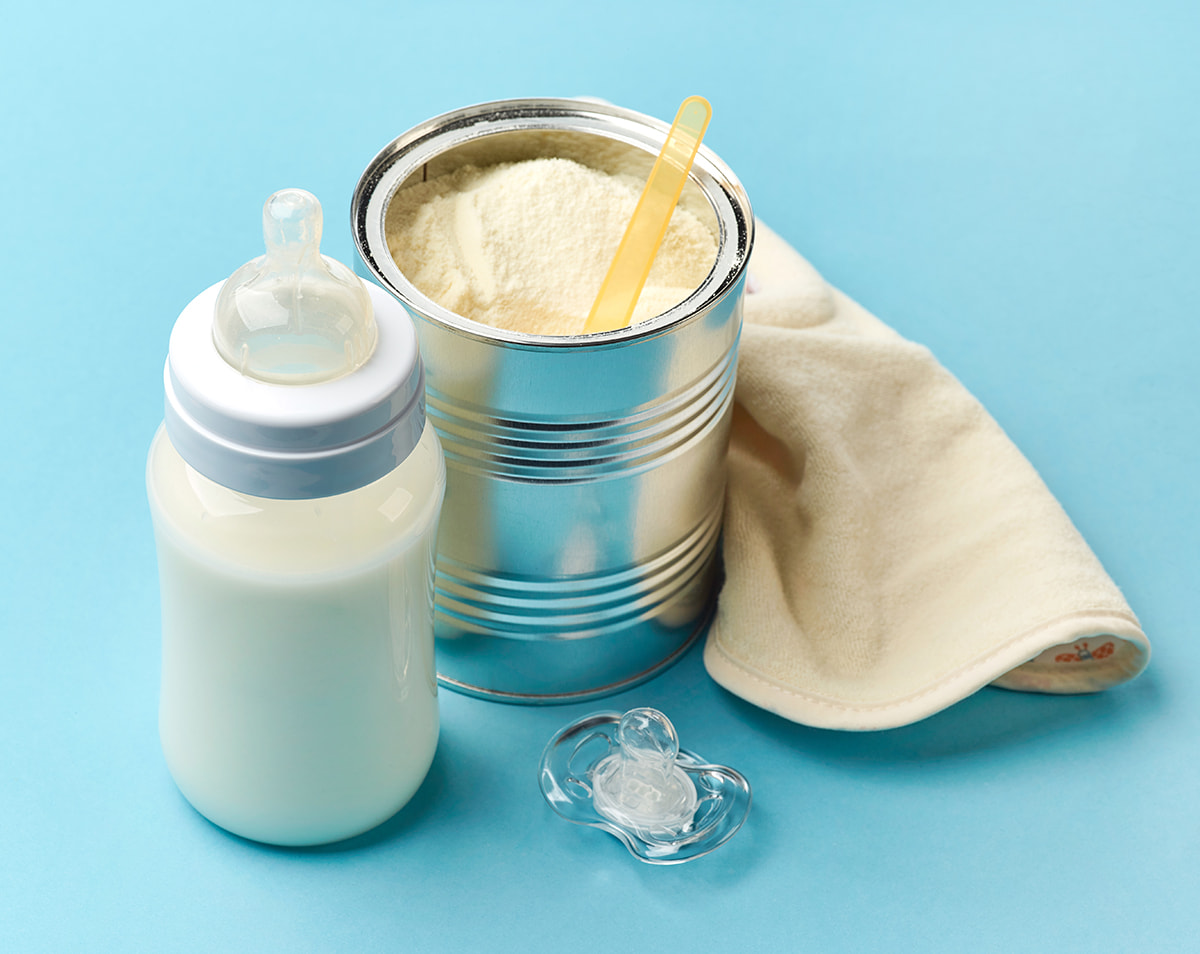According to the draft amendment to the food safety law, facilities producing health supplements, special dietary foods, nutritional products for children up to 36 months old, food supplements, and high-risk food groups are required to apply one of several international standards. These include good manufacturing practice (GMP), hazard analysis and critical control points (HACCP), ISO food safety management systems, international food standard (IFS), global standard for food safety (BRC), food safety system certification (FSSC), or equivalent.
The entire process, from production location and preliminary processing to processing, preservation, auxiliary systems, machinery and equipment, quality control, technical documents, and personnel, must meet the chosen standard's requirements. This is a new requirement compared to current law.
The drafting agency explained that the Food Safety Law was enacted in 2010 when the understanding of functional foods was limited, and the management system could not control the quality of these products during production and circulation.
Currently, there is no mandatory regulation requiring facilities producing medical nutrition foods, special dietary foods, or products for young children to apply international standards. However, these are high-risk groups directly affecting patients and children, a group needing stricter protection.
 |
A type of powdered milk used for children. Photo: siccadania.com |
A type of powdered milk used for children. Photo: siccadania.com
The draft also proposes mandatory circulation registration for high and medium-risk products. Registration holders are responsible for product management throughout the entire process from production and import to circulation. In addition, food and food ingredients, additives, and processing aids will be classified into three risk groups: high, medium, and low. Relevant ministries will stipulate classification principles and criteria to apply corresponding management and inspection measures.
The draft law also adds the right to trace food origin. According to Article 36, tracing is carried out not only at the request of management agencies or when unsafe products are discovered but also when consumers request it. Compared to current law, this significantly expands public access to information and monitoring tools.
Regarding advertising, the draft prohibits false and misleading advertising, using images, equipment, clothing, names of medical facilities, medical staff, patients, or statements and writings of doctors and pharmacists to promote food products. Businesses dealing with health supplements, food supplements, special dietary foods, and nutritional products for children up to 36 months old are also required to disclose sponsorship relationships when using influencers for advertising.
The amended Food Safety Law is expected to be submitted to the National Assembly by the Government in the coming October session.
Son Ha












